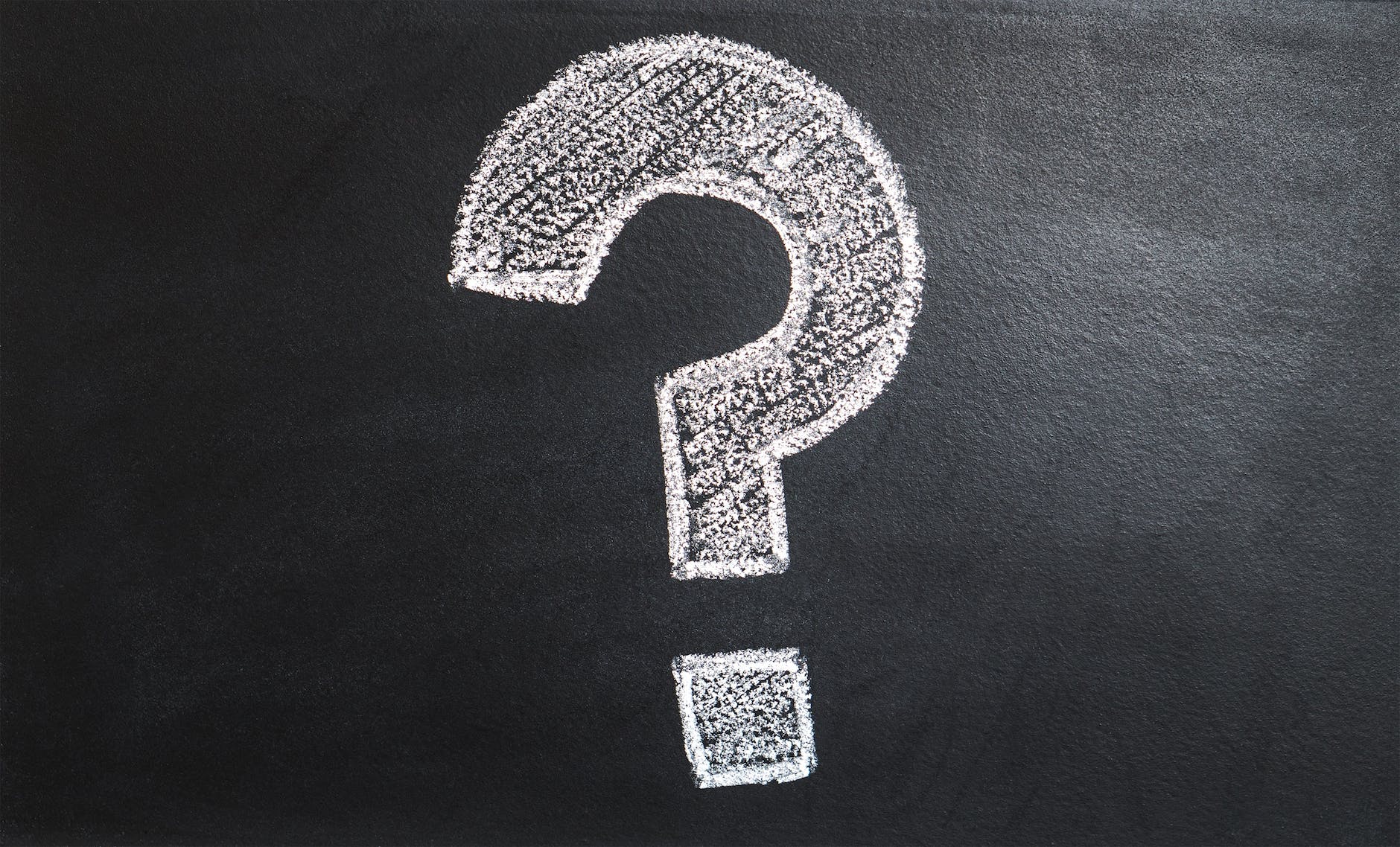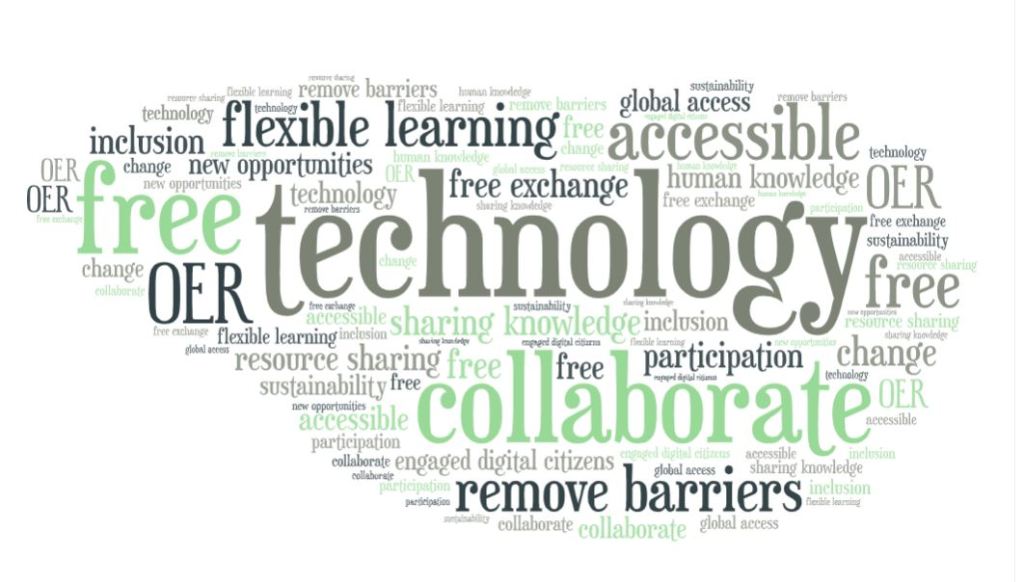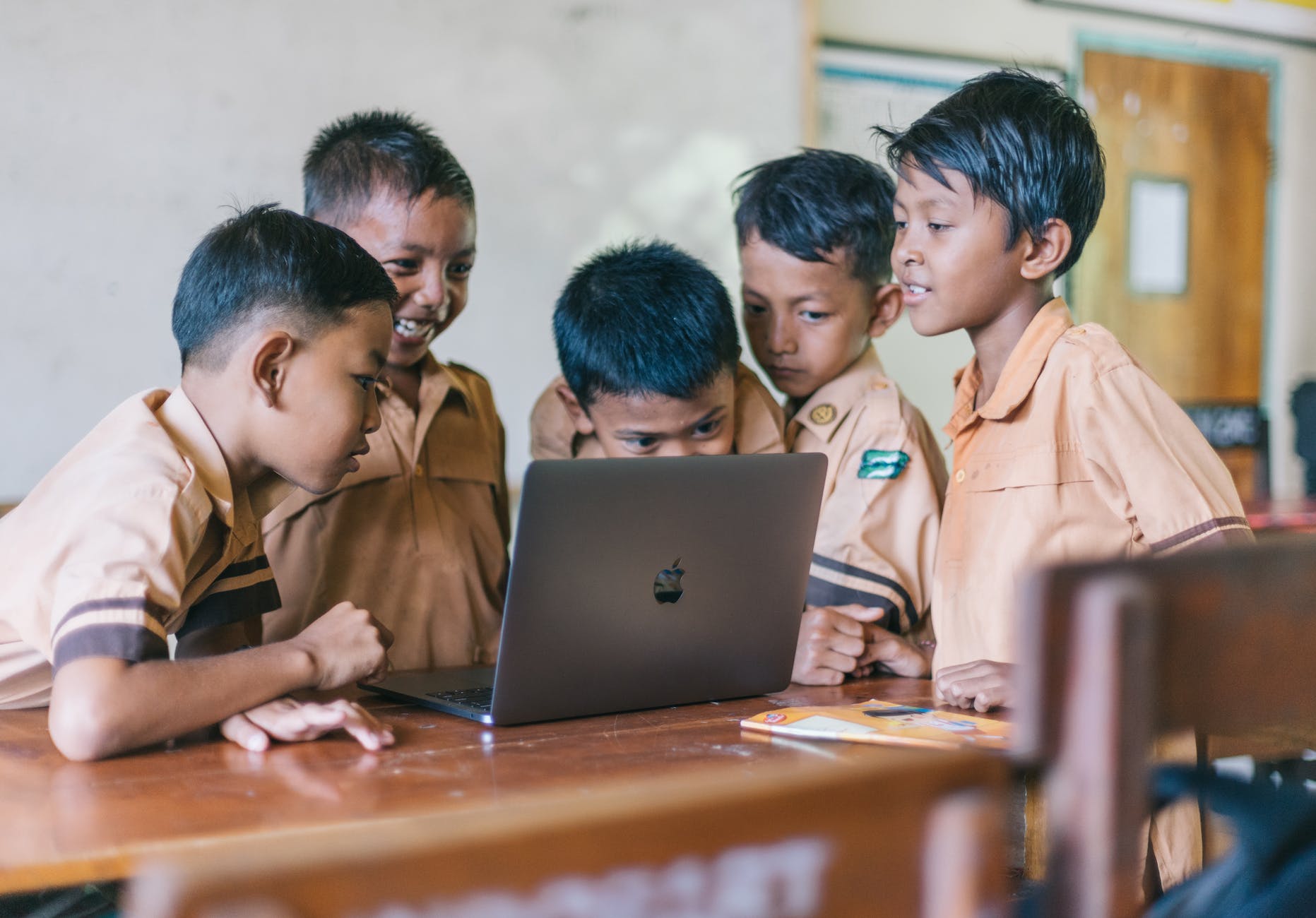
This past week our class learning topic was centred around the pedagogy of open education. Our guest speaker, Alan Levine challenged us to find our own definition of open education. So of course, I took to google to begin my research. Year of Open compiled a great list of definitions around what open education is from a variety of sources. After combing through the definitions, there were a variety of terms and words that stood out to me in regards to what open education means.

Created using https://wordart.com/create
I believe that open education works for the common good. I see open education as a way to remove barriers around education and make learning accessible to all, giving opportunities to someone that may not have had access to technology or information before. As a person of privilege, it is my responsibility to help build opportunities to those that may not have access to learning. Being equitable in giving opportunities around education is what open educational resources allow.
When I think about access globally, it makes me excited about how opportunities have grown for those in countries driven by poverty and war thanks to open education. However, it still makes me question how far we have yet to go to make education truly accessible to all. The pandemic put this into perspective for me. Students from my school were able to take a device home for online learning. However, this did not guarantee learning for all. Some of the barriers included, no internet, low bandwidth, a child not being able to log on independently because they were small, parents having to work and not being able to support their child’s education.
I don’t want to discount how far we have come. I believe open education is moving in the right direction. Global access to education is increasing. For myself, I feel very fortunate to have had opportunities to take courses from Harvard edX, listen to speakers from other countries to develop my skills as an educator, and complete my Masters of Education from home as I continue to work and live in rural Saskatchewan which was something not fully possible even 10 years ago. Connectivity to learning globally is growing exponentially. The Podcast featuring Sarah Kresh and Alan Levine provides a great example of how open education is working. I enjoyed listening to how moving away from textbooks to open access is impacting learning globally to remove financial barriers.

Open education is something that I can start with at a local level in my K-12 context. As an administrator, many of my students and their families struggle to make ends meet, therefore, I aim to remove barriers around a child’s educational experience. Some of the areas that I put first are ensuring food security during the school day, ensuring they have basic needs met, removing the barrier of having to purchase school supplies, providing opportunities for open learning through project based learning, accessing virtual guest speakers, and providing technology access to all students during the school day.
Open educational resources not only applies to higher education but I believe could make a positive impact on K-12 education. Teachers can utilize OERs to access free resources to use in the classroom and customize to meet the needs of individual learners. Students can gain access to information to learn and create innovative projects through technology which used to only be found in textbooks. However, part of digital citizenship is teaching students to be critical of the resources they find online to ensure it is reputable and factual. Open education allows students to develop their 21st century skills in a world dominated by technology.
One of the best OER websites I found was OER Commons. I typed in the search below and found a wide variety of lessons regarding plants that teachers could tailor and customize for their students.

Educators no longer have to work in isolation. I believe collaboration and sharing resources is key to creating stronger systems in education. Teachers need opportunities to find free resources online, share resources with other teachers, and collaborate not only within their schools but look for other educators to learn from globally. In the early 2000s, professional learning communities were developing and growing in the world of education. However, due to budget and time constraints it started to lose momentum. I believe it is vital for educators to have opportunities to collaborate with others within their work day. Therefore, one of my goals for my school moving forward, is to plan and provide time for teachers to meet together weekly to learn from each other, share resources and collaborate to develop engaging lessons for students to access. I hope to help them navigate open educational resources to find new resources to support students and remove barriers.
Open education helps educators develop and grow their learning and educational resources. This in turn impacts the students we serve and even children around the globe we may not have even thought could get a chance to access education because of this movement .


I really connect with you on who open education is for; mostly the privileged. The world has come a far way with starting to close the gap but much more is needed to be done before the hopes and extent of open education intends to do.
As a person with privilege and being able to access some open education resources I can also say that there is definite merit to helping support my classroom and I do love its goals.
LikeLike
Hi Kendra, I really enjoyed reading your thoughts. I share many of your thoughts however, you put your thoughts together much better than I was able to. I also question how priviledge comes into play and how to reach others. I believe that starting small, in our school communities and having a PLN online to learn and share with others.
LikeLike